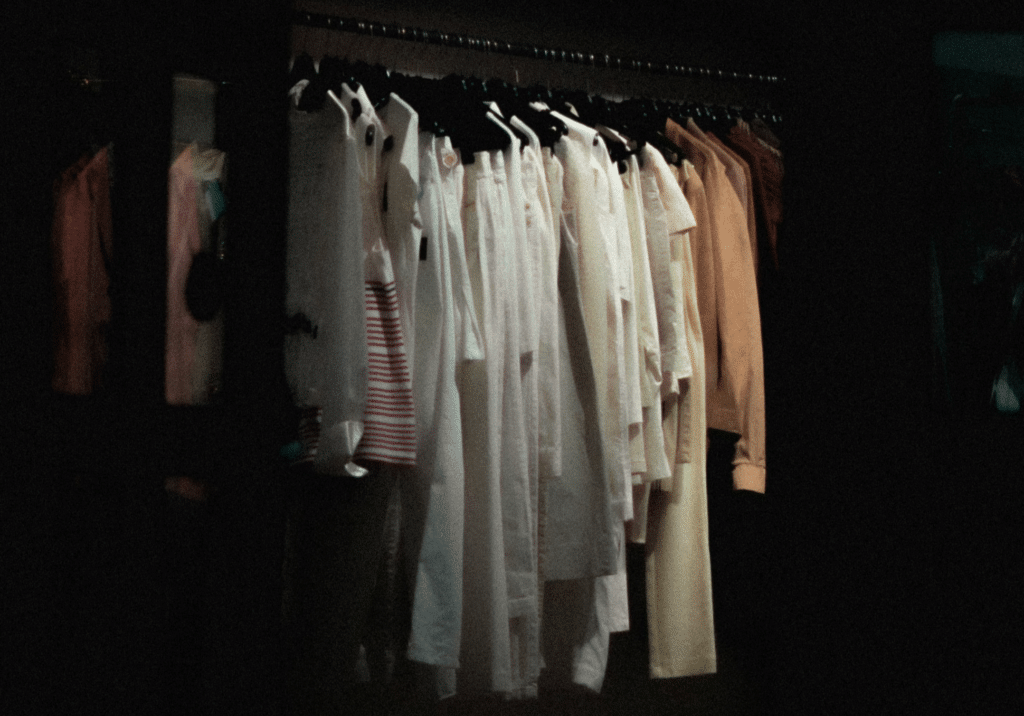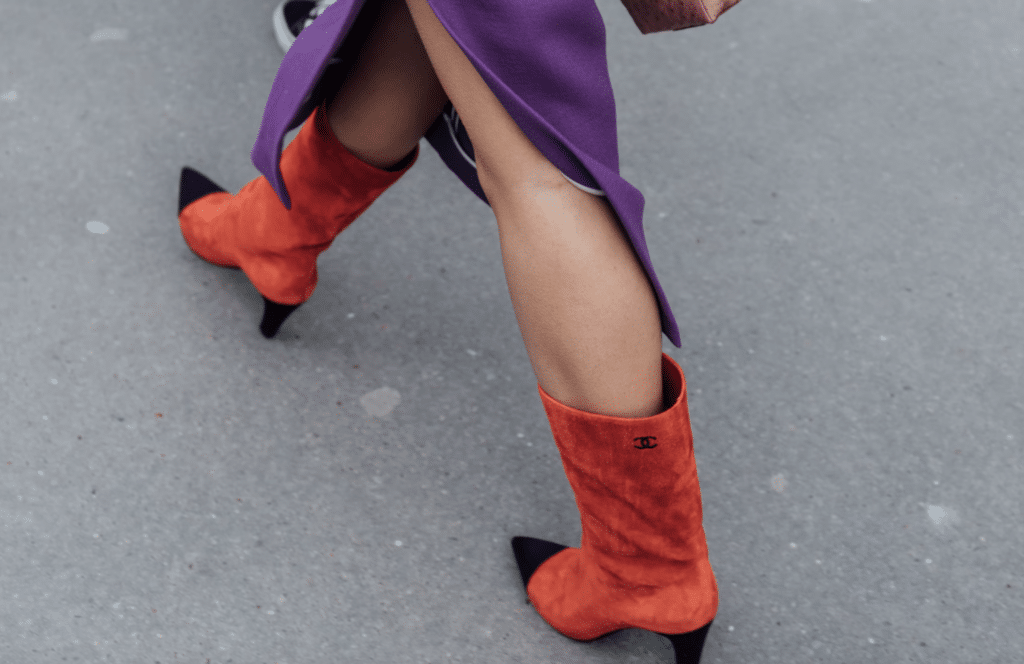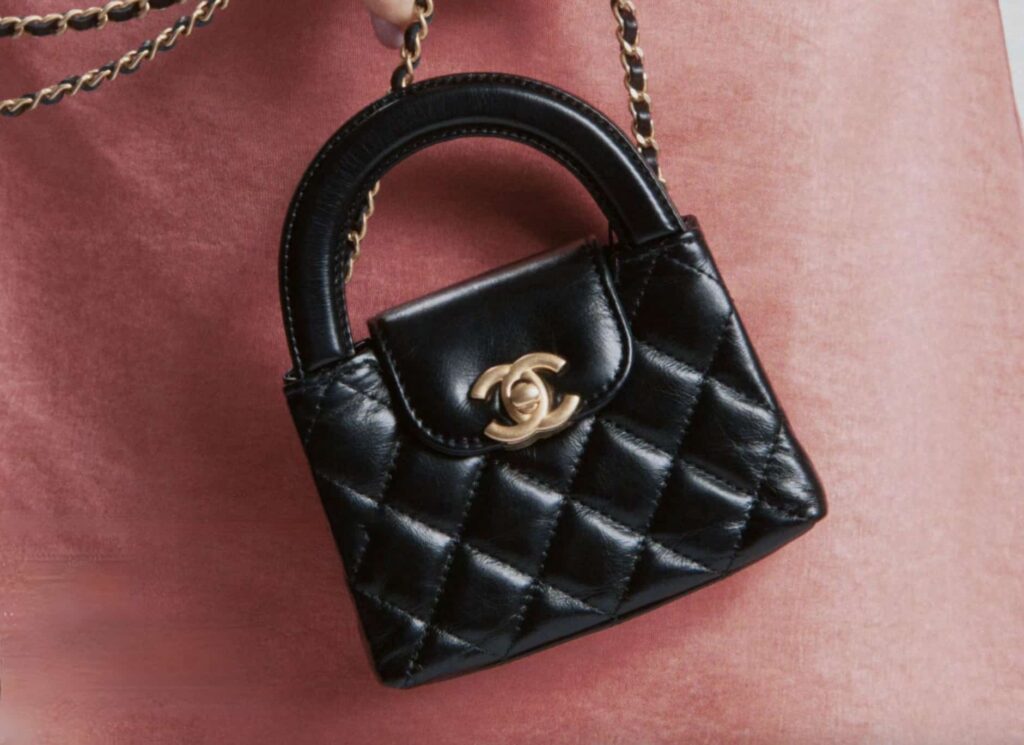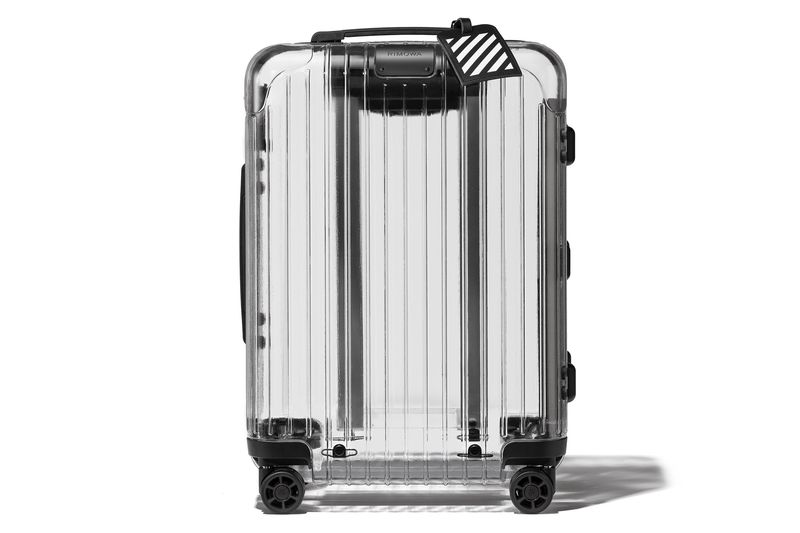 image: Rimowa x Off-White
image: Rimowa x Off-White
How does LVMH turn a brand into a luxury power player? We need not to look much further than Rimowa for a glimpse. After acquiring an 80 percent stake in Cologne-based Rimowa in October 2016, 25-year old Alexandre Arnault was appointed to the co-CEO role alongside Dieter Morszeck, the grandson of Paul Morszeck, the founder of Rimowa. Together, the two have been enacting widespread change for the premium luggage label, from restructuring its distribution network and reworking the layouts of its stores to expanding the breadth of its collaborations and refining the nature of its branding.
Arnault, the third child of LVMH Chairman Bernard Arnault, has been a loyal fan of Rimowa since his late teens. He is said to have been the guiding force behind the 2016 acquisition, one that Sanford C. Bernstein analyst Mario Ortelli told Bloomberg at the time, is firmly in line with LVMH’s modus operandi of “looking for brands that have heritage and a unique position.” The Paris-based conglomerate – which owns 70 brands ranging from Louis Vuitton and Christian Dior to Hublot and Dom Pérignon – “knows that when they acquire these brands they can accelerate their development,” per Bernstein.
One of the first efforts in the grand plan to build up Rimowa – whose suitcases will set you back as much as $1,300 – came in early 2017 when the brand opened its Parisian flagship store. Speaking later in the year, ahead of Rimowa’s buzzy pop-up shop on Rodeo Drive in Beverly Hills (its first-ever pop-up), Arnault told Fashionista, “If you look at our former [retail] concepts, they were very white and very old-fashioned and we want to modernize our stores and make them more — it’s going to sound like every other brand — but more experiential.”
The revamp of Rimowa’s brick-and-mortar outposts and a slew of new store openings in Paris, Frankfurt and Tokyo, is part of what the company calls “a broad strategy initiative,” one that includes a healthy dose of modernization.
Rimowa already boasts a loyal fan base thanks its meticulously designed and crafted, and inherently practical travel pieces. But in a rapidly changing market, one that includes many younger travelers – thanks to “traveling becoming a lot less expensive,” per Arnault and an influx of millennial-focused luggage brands (Away, which just launched its own aluminum collection, comes to mind) – the 120-year old company has set out to inject some youth into its model, while still respecting its luxury foundation, of course.
In addition to changes in its stores, including adding “unique lifestyle product [offerings] that are made by local talents especially for the brand,” Rimowa-branded products, themselves, are getting the collaboration treatment, one of the more sure-fire ways to resonate with easily-bored millennials.
For instance, to coincide with the 80-year anniversary of the launch of its aluminium suitcase, Arnault enlisted the help of Nigo, Carine Roitfeld, David Fincher, Fan Bingbing, Virgil Abloh, and Karl Lagerfeld, among others, to personalize Rimowa suitcases. And shortly thereafter, Rimowa teamed up with fellow LVMH-owned brand, Fendi, for an exclusive collaboration. The “a modern yet elegant” luggage was front and center on the runway for Fendi’s Fall/Winter 2018 menswear show in January and shortly thereafter, imagery of the collab flooded Instagram, vying for the attention of fashion-forward travelers.
But even that was small change compared to the buzziest collaboration yet, which comes from Off-White, the streetwear brand created by newly-appointed Louis Vuitton menswear director, Virgil Abloh.
The brand’s social media presence has, of course, been subjected to a much more modern, high fashion-oriented aesthetic, whether it be in the form of videos featuring buzzy fashion publication 032c; a “Personal Journeys series” featuring young LA-based creatives Martine Syms, Lera Pen, and Jacob Bixenman; or polaroid-style imagery featuring some of fashion’s “it” influencers, such as Bella Hadid and Virgil Abloh.
As Hedi Slimane, who is now back under the LVMH umbrella as the creative director of Celine, demonstrated during his tenure at Saint Laurent, nary is a brand revamp complete without a change in branding. In furtherance of its attempt to best outfit Rimowa for the 21st century, its visual identity has gotten a makeover.
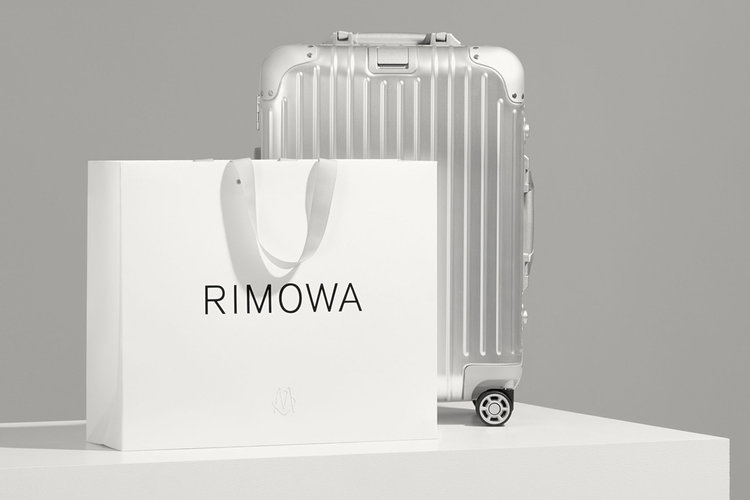
Since the LVMH takeover, Rimowa – led by Arnault and Hector Muelas, Chief Brand Officer of RIMOWA and in collaboration with German design studio Bureau Borsche and London-based design agency Commission Studio – developed a new “logo, monogram, visual language, and packaging.” The new look comes “in conjunction with celebrations around its upcoming 120th anniversary,” and aims to “project an image as distinctive and contemporary as its suitcases.”
Specifically, in place of the pill-shaped frame and rounded letters of Rimowa’s former logo is a new, more understated design. Additionally, the new branding does away with the blue hue and replaces it with shades of black, white and gray, all of which “encapsulates the timeless and considered nature of the brand,” per Muelas.
Still yet, Rimowa, under the watch of Arnault and Morszeck, is tightening its supply chain considerably. In what appears to be an extensive attempt to situate the brand further up the ladder in terms of exclusivity, Rimowa has confirmed that all existing contracts with its European trading partners have been terminated. Until very recently, the brand’s offerings could be found in a rather extensive number of third-party stockists across the globe, from high-end department stores, such as Bergdorf Goodman in New York and Harrods in London to lesser known travel-specific retailers.
As set forth this week by Retail Detail and confirmed by a number of German news outlets, “The luxury suitcase brand made the decision [to formally cut ties with its suppliers] after LVMH decided to restructure Rimowa’s sales.” The goal is reportedly for Rimowa “to end up with fewer dealers,” with which it “will work more closely” and for which it will maintain “higher standards.”
Putting aside the modernization of its brand-owned and operated stores, its updated branding, and its new-found penchant for buzzy collaborations, Rimowa’s latest endeavor – its effort to limit the scope of its accessibility – arguably rings most true to the standards, and efforts, of LVMH. Its brands are not some of the most sought after in the world because they are available everywhere, after all.









